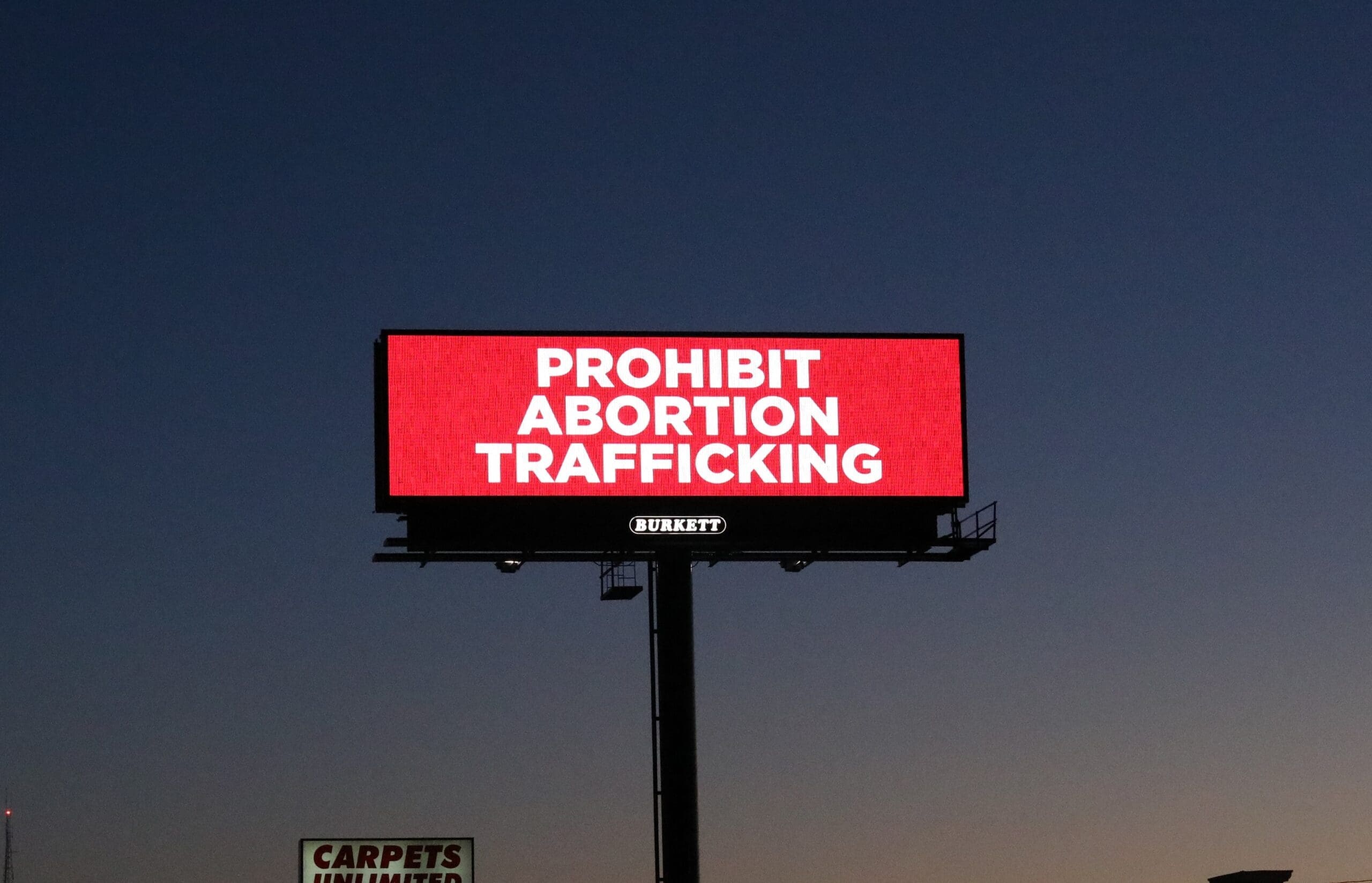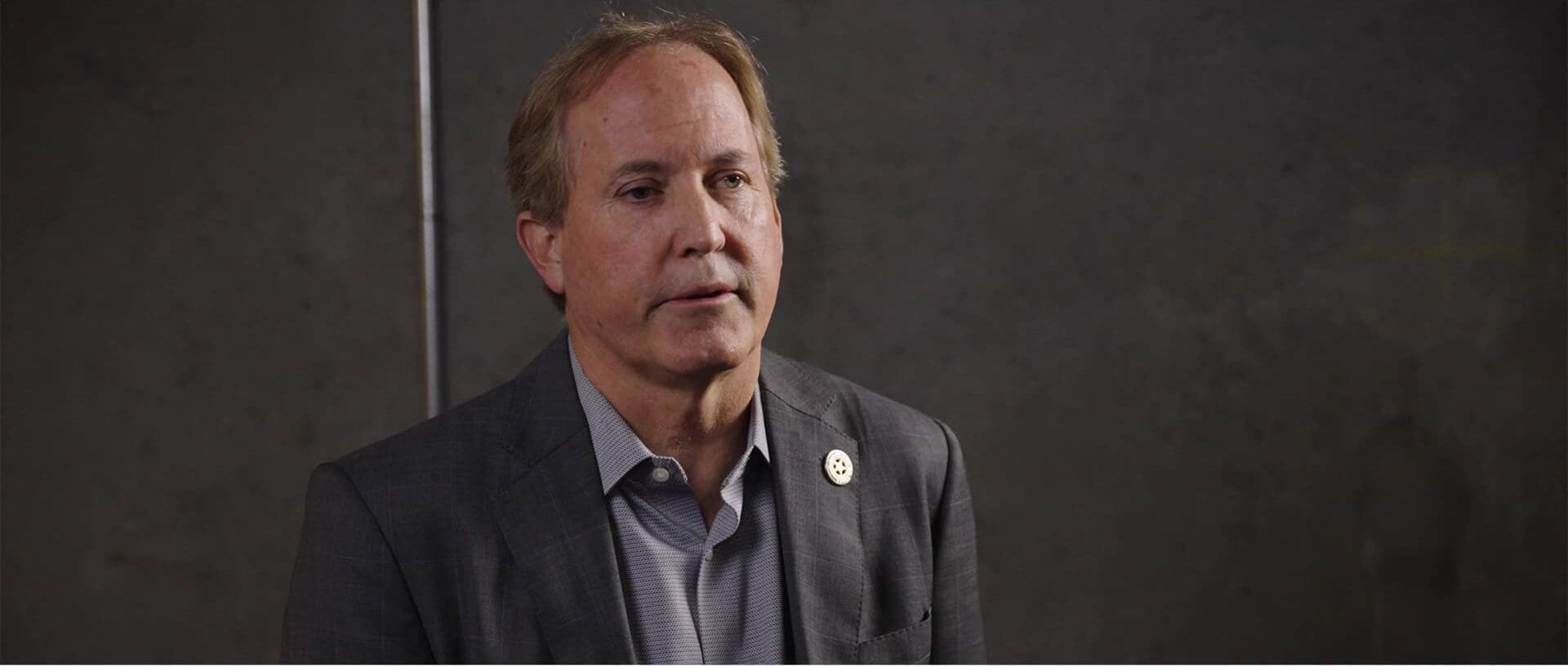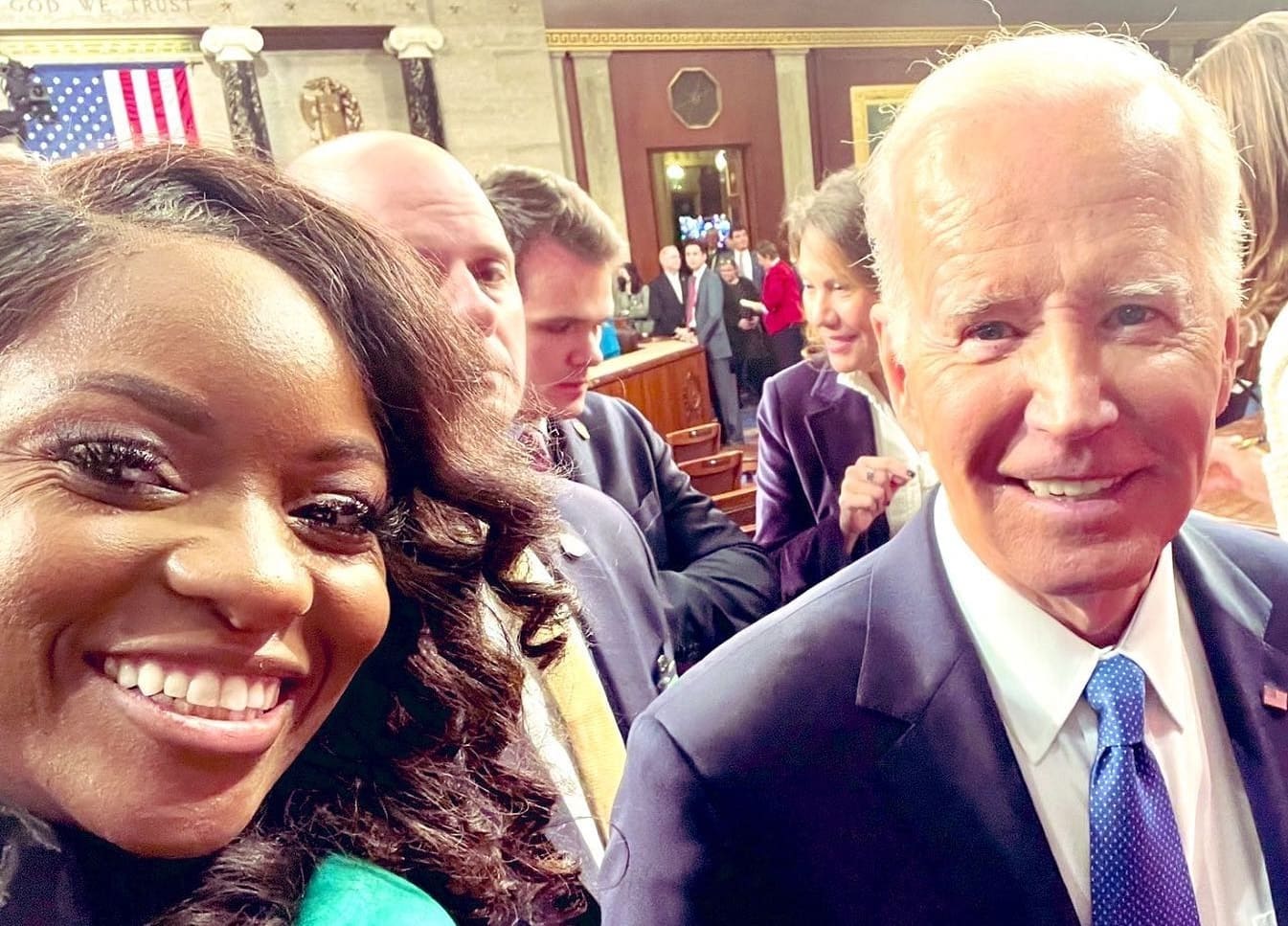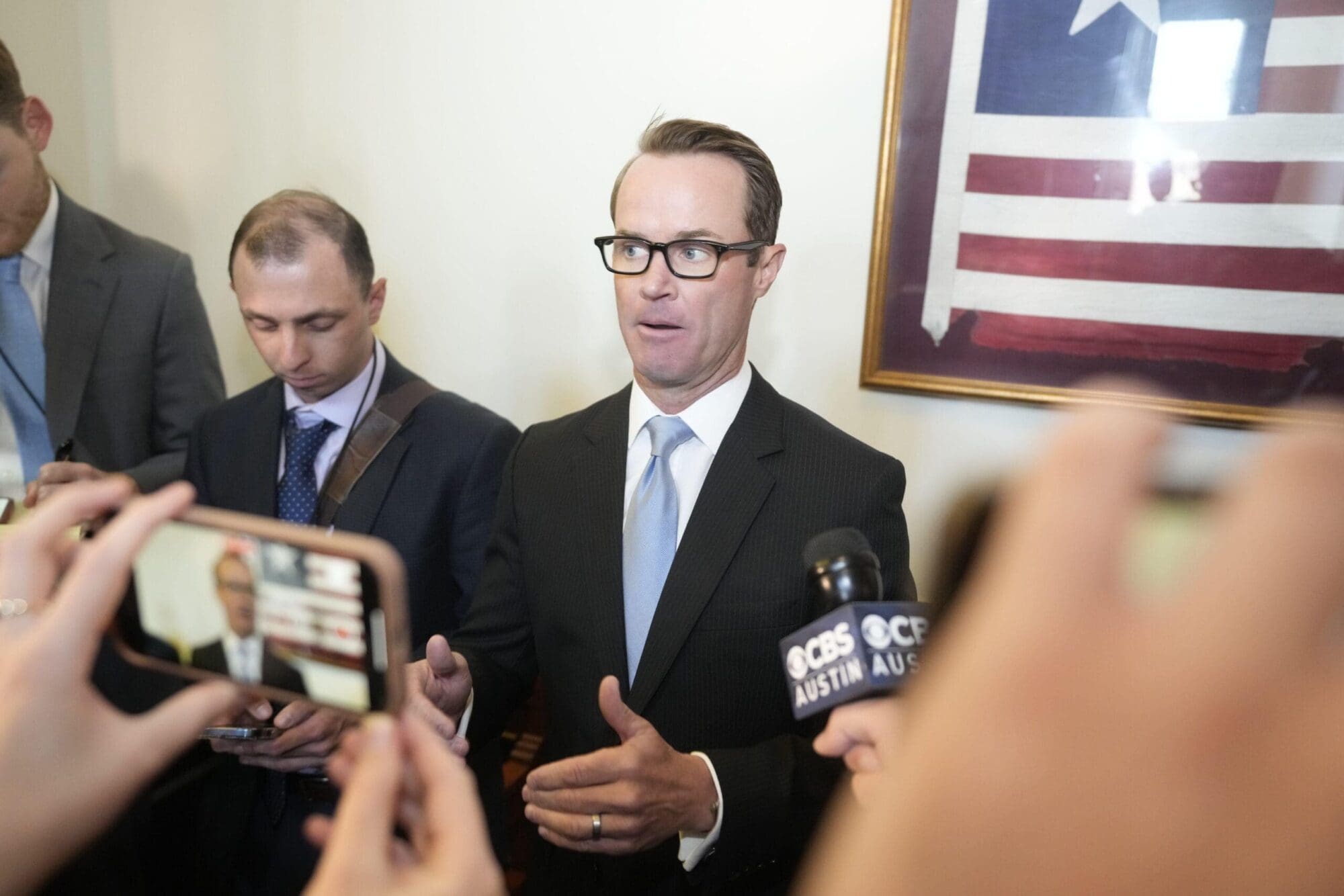State Rep. Bryan Slaton (R–Royse City) has filed legislation which would “help nullify any current or future federal requirements that personal vehicles be equipped with technology that could remotely shut down or disable the vehicle.”
House Bill 1031 comes as a response to a requirement, signed into law last year by President Joe Biden, mandating that “all vehicles produced after 2026 be fitted with a remote kill switch.”
Electric vehicles are already being fitted with a vehicle kill switch of sorts—a “supercharger”—that is internet-connected and controlled.
Biden’s kill switch law—part of the Infrastructure Investment and Jobs Act passed in November of last year—says that an onboard computer system would “passively monitor the performance of a driver of a motor vehicle to accurately identify whether that driver may be impaired.” In other words, it would always be turned on.
The system would also be an “open” system, meaning there are backdoors for third parties to access the kill switch and vehicle information remotely at any time.
Terri Hall, a 2020 Conservative Leadership Award recipient and the founder of Texans for Toll-free Highways and Texans Uniting for Reform and Freedom, warned that “this technology can be activated by vehicle manufacturers and anyone who gains control of the technology, including the government.”
In his press release, Slaton praised Hall for raising awareness about this issue.
“I am grateful for the work that Texans Uniting for Reform and Freedom and their executive director, Terri Hall, have done on this bill and this issue as a whole,” Slaton announced. “The surveillance-state and their corporate cohorts are bent on making everything that we do trackable and regulated, and we must get ahead of it. The freedom to travel within our own country is incredibly important, and steps must be taken now to ensure it is preserved.”
Slaton’s measure would outlaw the manufacture or sale of vehicles with a kill switch in Texas. It would also prohibit the installation of kill switches in personal vehicles. These actions would be punishable by a state jail felony.
“The idea that the federal government or an international mega-corporation would have the ability to decide when, where and if private citizens can operate their own personal vehicles is not only preposterous, but it is deeply antithetical to the principals of a free country,” Slaton said in a statement.
“We all saw the incredible encroachments on individual liberty during COVID,” he continued. “God forbid something like that occurs again, and the government or leftists’ corporations have the power to remotely shut-down your personal car and prevent you from traveling. And in an age of cancel-culture, wokeism, and social-credit scores, this kind of power is just one more step in the direction of an Orwellian future for America.”
Concerned citizens may contact their elected representatives to ask where they stand on this legislation. The 88th Legislative Session will begin on January 10, 2023.





